Arts and Humanities
Explore Arts and Humanities
No Results Found
The page you requested could not be found. Try refining your search, or use the navigation above to locate the post.
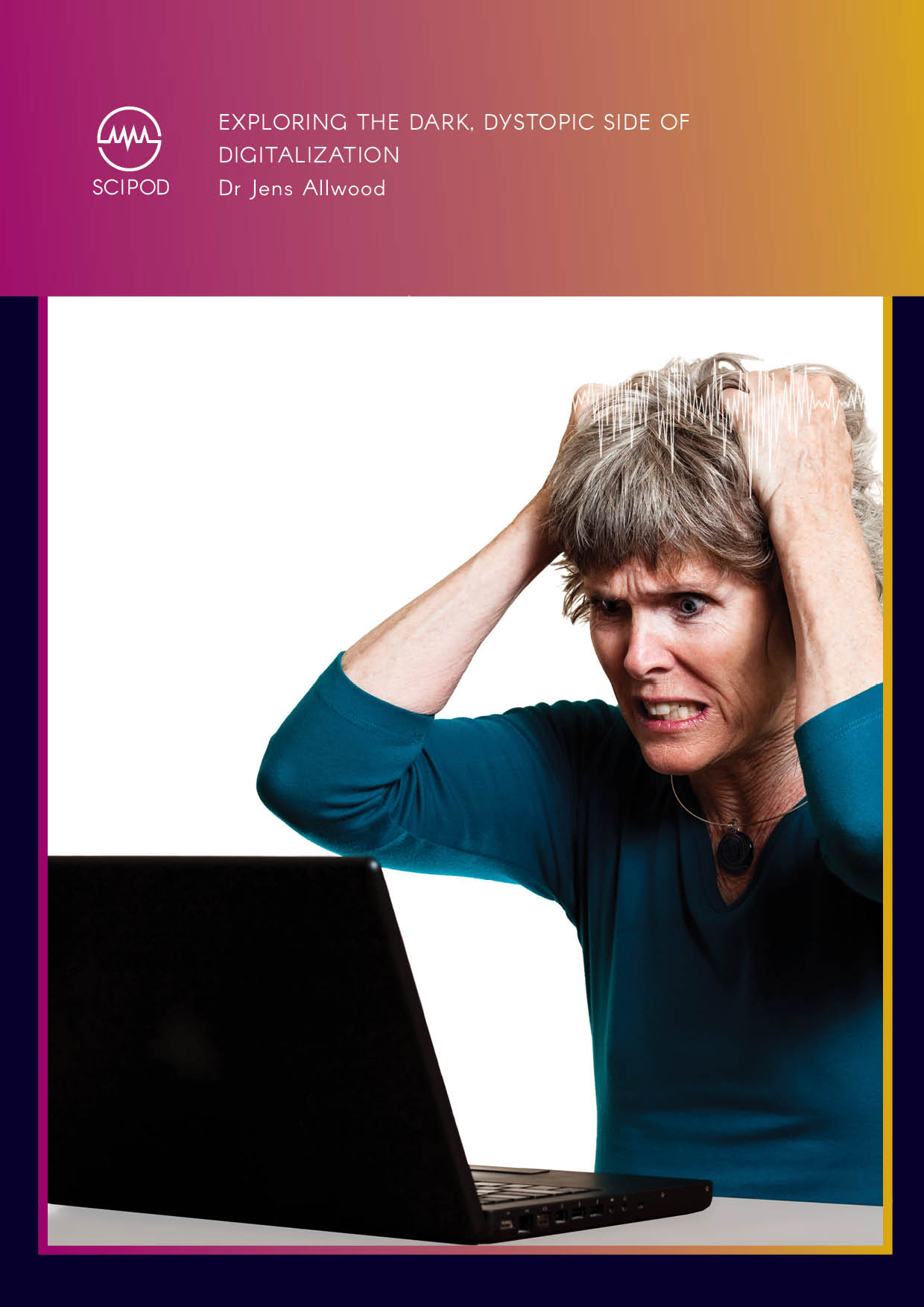
Dr Jens Allwood | Exploring the Dark, Dystopic Side of Digitalisation
Over recent decades, the use of digital technologies has increased exponentially worldwide, bringing significant changes to daily life. Like most societal transformations, this process of ‘digitalisation’ has had both positive and negative aspects. Dr Jens Allwood, Professor Emeritus at the University of Gothenburg, has recently published a paper exploring some of the darker elements of digitalisation, particularly focusing on its tendency to dehumanise our daily activities.
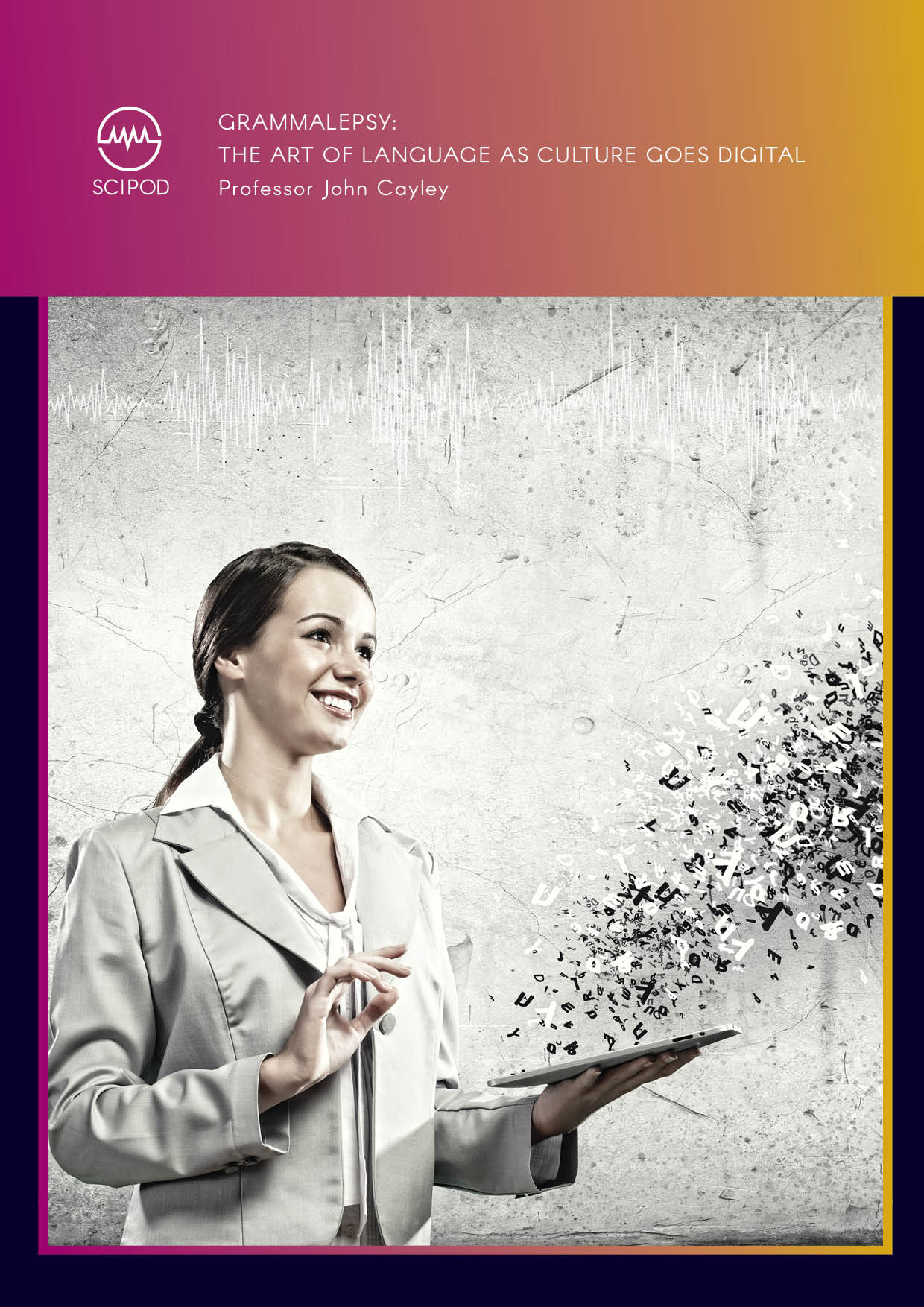
Professor John Cayley | Grammalepsy: The Art of Language as Culture Goes Digital
The term literature refers to a wide and diverse range of work, including novels, poems, plays, and essays. While literary experts agree that all literature is composed of language, they often argue about which texts can or should be considered as a part of the literature that we value. In recent years, technological advances have led to the creation of innovative works that merge language with digital media, state-of-the-art technologies and computation itself. In a fascinating book called Grammalepsy, Professor John Cayley of Brown University introduces a new theory of aesthetic linguistic practice that could shed new light on digital literature or, more comprehensively, language art.
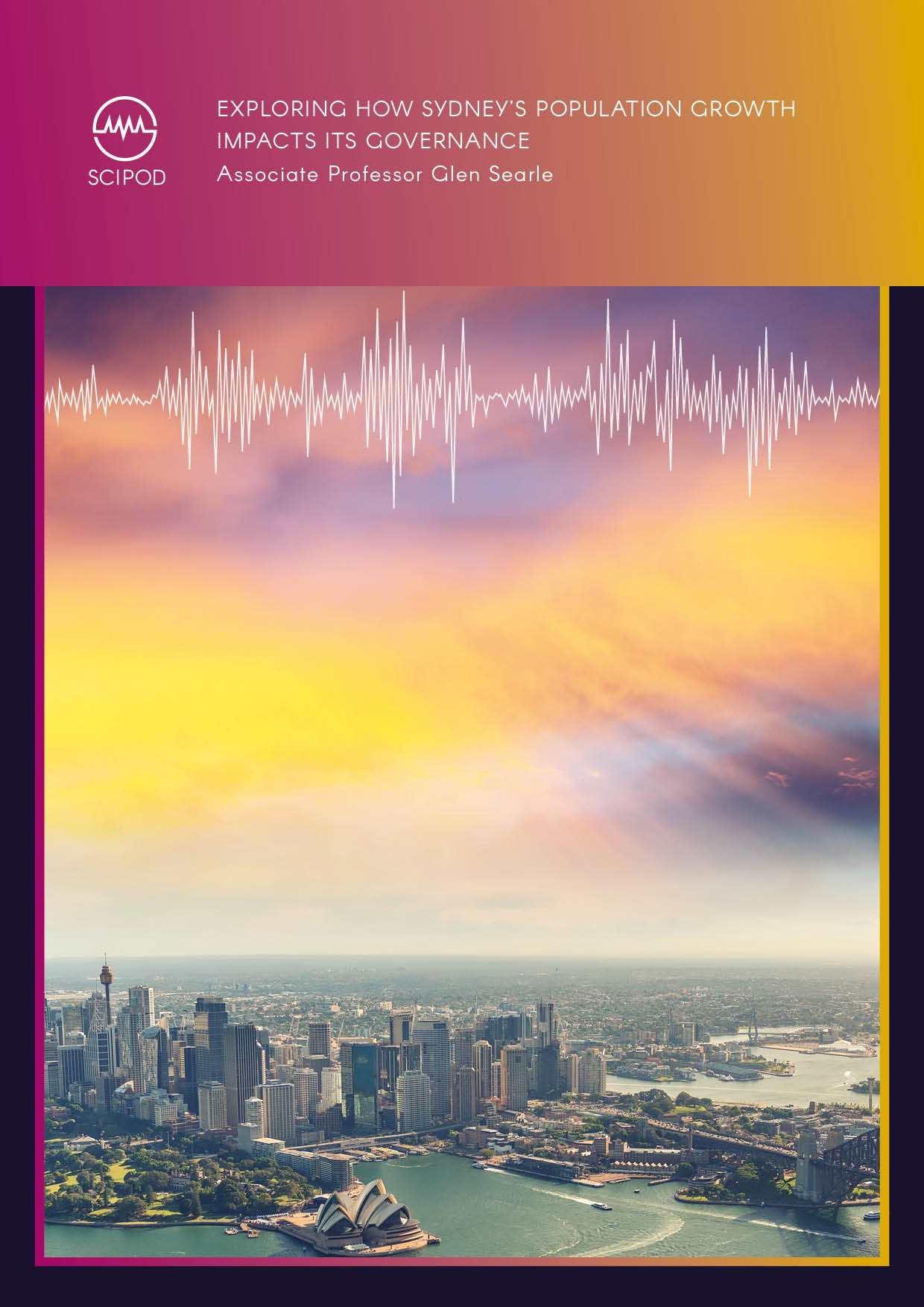
Associate Professor Glen Searle | Exploring How Sydney’s Population Growth Impacts Its Governance
Rises in population and demographic changes can have significant effects on the development and governance of urban environments. Associate Professor Glen Searle of the University of Sydney recently published a paper that highlights the ways in which Sydney’s rapid population growth is supported by national immigration targets and the state government’s desire to keep Sydney ahead of other Australian cities as a global city. This population growth then drives important governance decisions at state and national levels, particularly relating to development. By prioritising rapid dwelling construction to accommodate Sydney’s rising population, but lacking adequate funding for new transport, the state government has had to reduce checks and balances needed for more democratic planning and sustainable development.
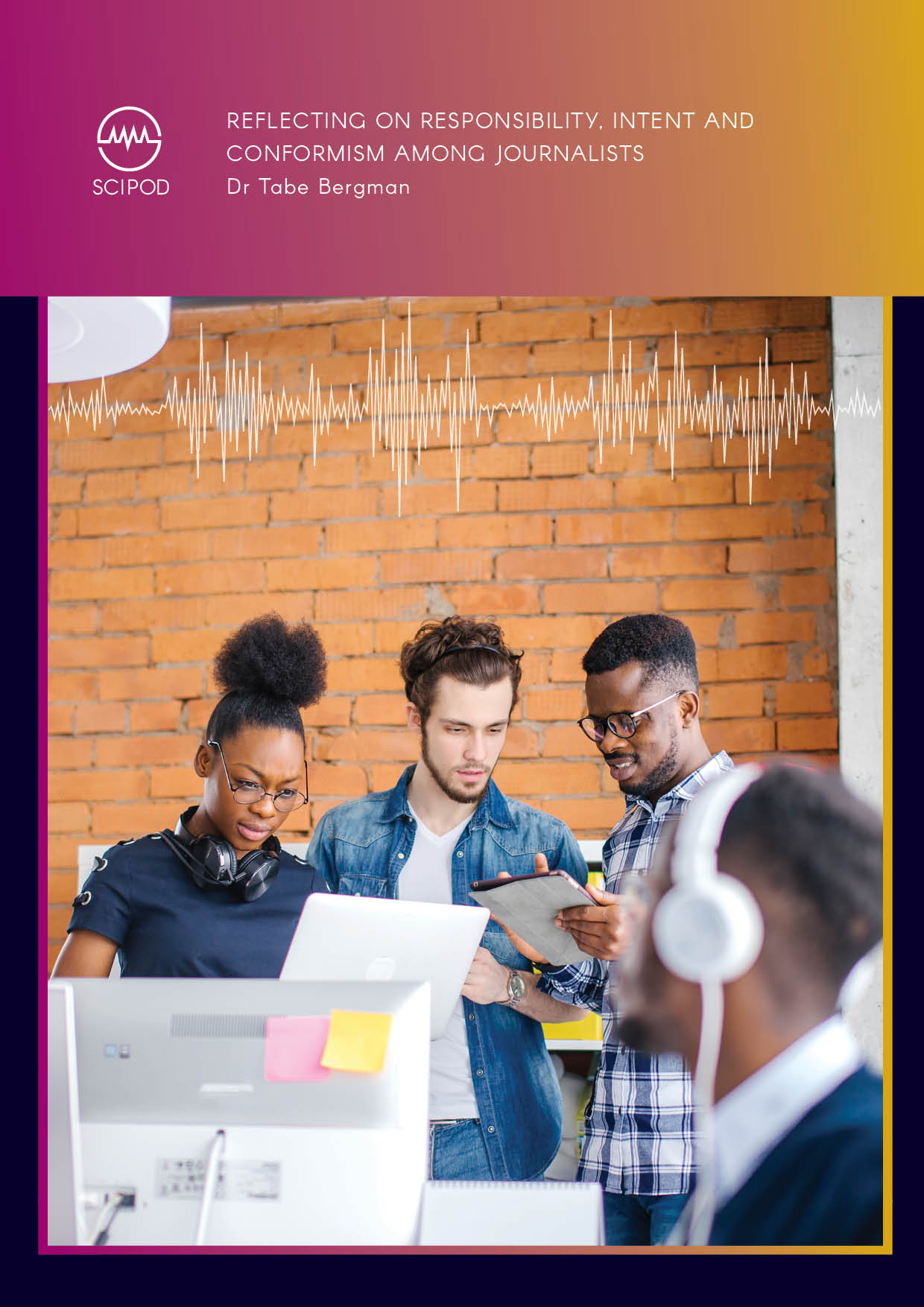
Dr Tabe Bergman – Reflecting on Responsibility, Intent and Conformism Among Journalists
Herman and Chomsky’s propaganda model is among the most renowned academic contributions to the study of journalism. Although it offers valuable insight into news content and how the media industry operates, it mostly ignores an important step in the production of news: what happens in the newsroom. Dr Tabe Bergman, an Assistant Professor at Xi’an Jiaotong-Liverpool University and Deputy Head of the University’s Media and Communication department, recently assessed practices in the newsroom, with the aim to supplement the propaganda model.
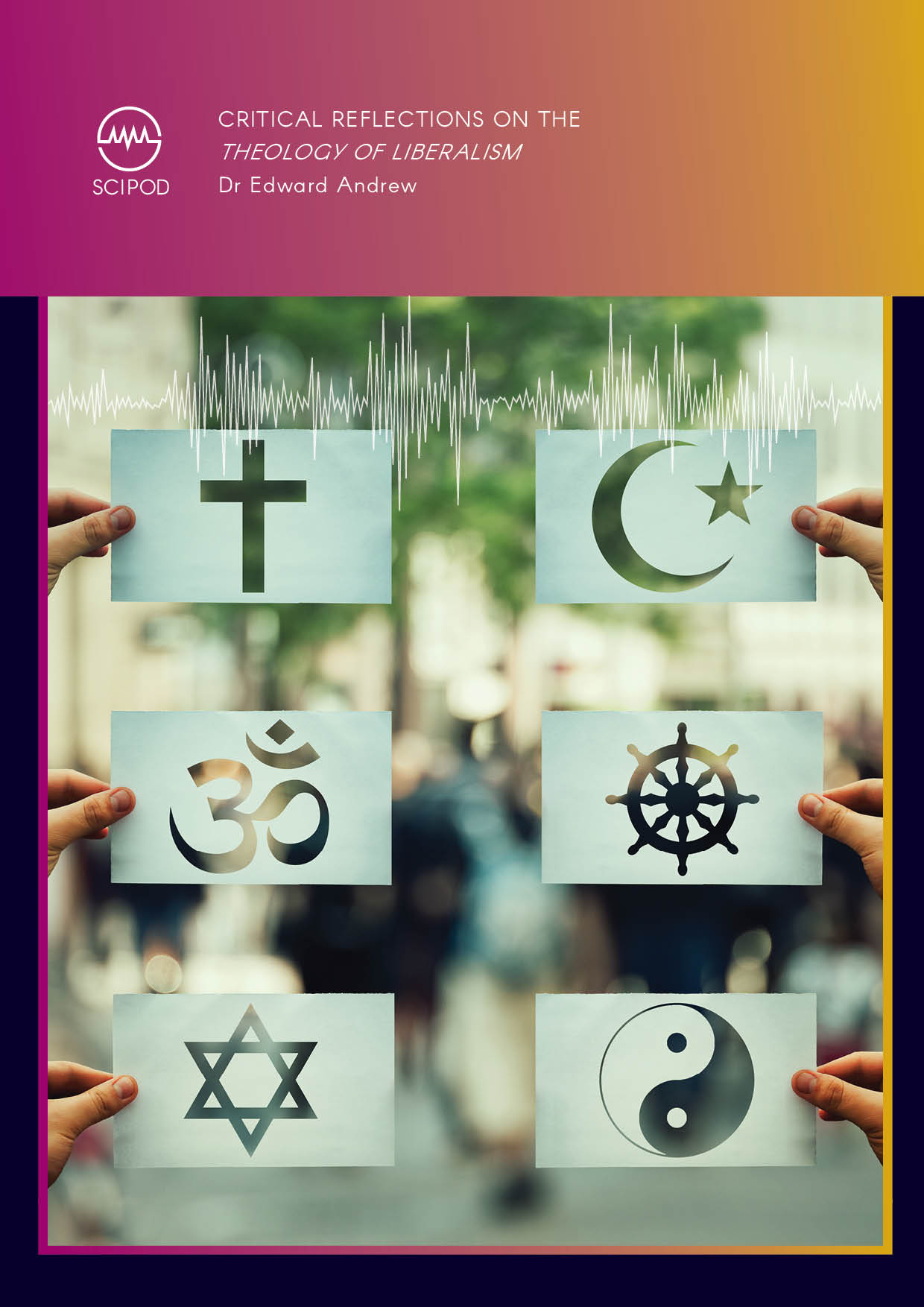
Dr Edward Andrew – Critical Reflections on The Theology of Liberalism
Dr Eric Nelson, a political theorist and Professor of Government at Harvard University, recently published a book entitled ‘The Theology of Liberalism: Political Philosophy and the Justice of God’. In this book, Nelson argues that liberal traditions in politics are ultimately a product of ancient theological disputes about freedom of the will. Dr Edward Andrew, a Professor Emeritus at University of Toronto, recently published a paper that questions some of the ideas introduced by Nelson in his recent work. His paper highlights the failure of Nelson’s ideas to reconcile differences between Christians and Jews or provide for religious toleration. Andrew also suggests that a liberalism based on utility rather than individual rights, or what Nelson calls ‘dignitarian liberalism’, would be less likely to generate social inequities.
Increase The Impact Of Your Research!
Explore partnership opportunities
Unwind without the hassle. Enjoy fresh audiobooks, delivered free!
